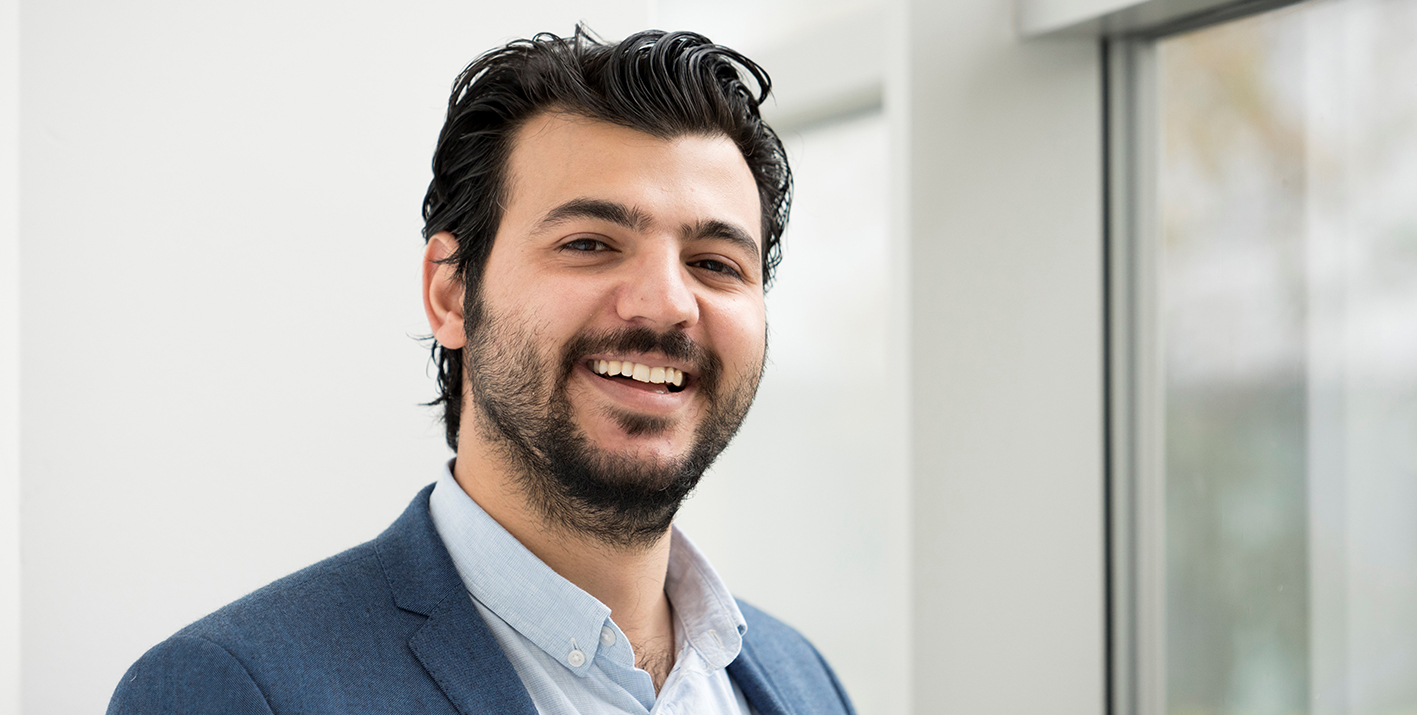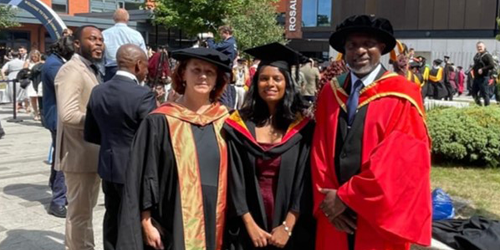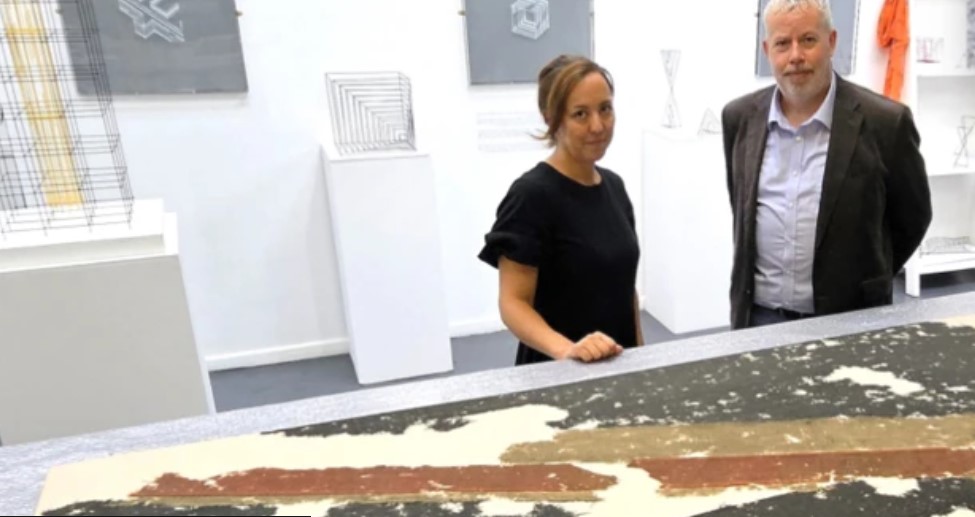
World-first multimodal hearing aids programme receives £3.2m funding

A multidisciplinary research programme, which is being co-led by the University of Wolverhampton and led by Edinburgh Napier University, has received £3.2 million to develop next-generation multimodal hearing aids to help improve the lives of people with hearing impairment.
The funding comes from the Engineering and Physical Sciences Research Council (EPSRC) under the ‘Transformative Healthcare Technologies for 2050’ scheme.
According to the World Health Organisation, more than five per cent of the world’s population requires rehabilitation to address their ‘disabling’ hearing loss and by 2050 nearly 2.5 billion people are projected to have some degree of hearing loss.
In the UK alone, around 12 million people currently suffer from hearing loss, costing approximately £450 million per year to the NHS.
Hearing aids are the most widely used devices for compensating the majority of hearing losses. However, due to the general perception of existing audio-only hearing aids performing poorly, hearing aids uptake is as low as only 40 per cent, and most people who have the device don't use it often enough.
Inspired by human speech perception in everyday noisy situations, that usually require both aural and visual senses, the funded four-year Cognitively-Inspired 5G-IoT Enabled Multi‐Modal Hearing Aids (COG-MHEAR) programme is developing the world’s first multimodal hearing aids, designed to autonomously adapt to their surroundings, resulting in greater intelligibility and potentially reduced listening effort.
Dr Ahsan Adeel, the programme’s Research and Innovation Deputy Director from the University of Wolverhampton, significantly contributed to the preliminary pioneering research led by the Programme Director, Professor Amir Hussain from Edinburgh Napier University.
Dr Adeel said: “Our vision 2050 is to go beyond 5G-IoT and internet, for internet-independent 'brain-like' on-chip processing to further address hearing aid's size, power budget, communication, and cybersecurity issues.
“This EPSRC programme will provide the UK with a timely opportunity to improve hearing aid uptake, reduce NHS cost, and gain a leading position in the future multimodal hearing aid industry.
“The visionary research represents a step-change in how healthcare will be delivered in future.”
Professor Amar Aggoun, the Dean of the Faculty of Science and Engineering said: “It is fantastic to be co-leading this programme into creating the next generation of hearing aids.
“The Faculty of Science and Engineering at the University of Wolverhampton is going from strength to strength with new facilities being invested in and research projects that make a truly positive impact, like this one will have, being undertaken by our researchers.”
The project partners are: Edinburgh Napier University; University of Wolverhampton; University of Edinburgh; University of Glasgow; Heriot-Watt University; University of Manchester; University of Nottingham; Sonova; Nokia Bell-Labs; Alpha Data; Digital Health & Care Institute; The Data Lab; and Action on Hearing Loss (view full partner details).
For more information please contact the Corporate Communications Team.


/prod01/wlvacuk/media/departments/digital-content-and-communications/images-18-19/iStock-163641275.jpg)
/prod01/wlvacuk/media/departments/digital-content-and-communications/images-2024/250630-SciFest-1-group-photo-resized-800x450.png)
/prod01/wlvacuk/media/departments/digital-content-and-communications/images-2024/Judo.jpg)
/prod01/wlvacuk/media/departments/digital-content-and-communications/images-2024/Nikhil-Seth-honorary-professorship.jpg)
/prod01/wlvacuk/media/departments/digital-content-and-communications/submitted-news-images/St.-Kitts-and-Nevis-trip-web.jpg)
/prod01/wlvacuk/media/departments/digital-content-and-communications/images-2024/City-courtyard.jpg)
/prod01/wlvacuk/media/departments/digital-content-and-communications/images/Uni-teaser.png)

